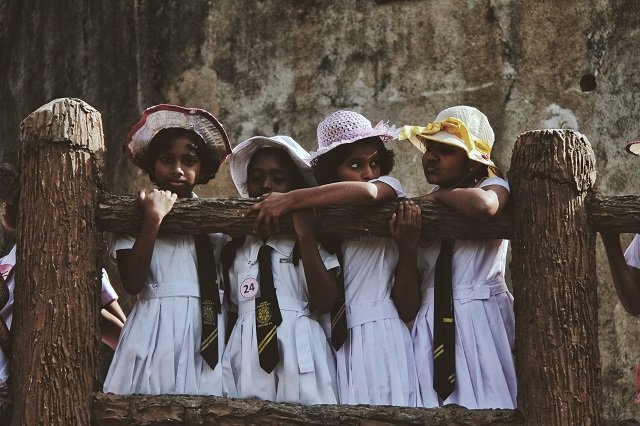In Sri Lanka how we use our resources, food, fuel, water to wood, metals and plastics is different to how the Brits use resources.
by Victor Cherubim
Tourists to our country often look for aspects of our land which stand out among the rest, when they search for a holiday destination. With so much competition among tourist hotspots today, the idea of a home away from home, is never spoken of, but underlie every choice of a holiday destination.
Among sun, sea, sand and the scenery on our beaches, our wildlife, the dwellings we live in are often noticed and are intimately connected with our “own sense of self”. Our homes don’t just contain our life earnings, they stand for what we are. We focus on the process of choosing and then building a home. Our homes matter to us. It also naturally matters to those who choose to visit our country, that they feel safe when they are in our country. This dimension of a safe and secure location is hardly communicated.
But we in Sri Lanka have Bus Conductors on our buses, both in cities and outstations. We may be living in the past, because Brits have done away with the harassment of “loose change” to pay for bus travel and discriminating, obnoxious Bus Conductors and Ticket Inspectors. In many parts of Britain, the Oyster does not refer to seafood, but the most important mode of transport, saying thank you to Bus Conductors.
What other things do Sri Lankans enjoy, which are forbidden in UK?
In Sri Lanka how we use our resources, food, fuel, water to wood, metals and plastics is different to how the Brits use resources. With everything we do we inevitably create waste. We carry too much plastic with us, we waste too much water, and we throw away too much food as waste. Anaerobic digestion (AD) represents the environmental attention for food waste that cannot be preserved or redistributed which can be used as fertiliser, compost or as soil improvement,
We also waste our lungs protesting in marches and protests and think we are getting far, instead we need to think out of the box to see how to win our demands tactically.
The Brits are drilled by daily announcements and bill boards’ notices, the need to reduce waste, reuse items, recycle waste, more than we do. We need not be Brits, but we can and must reduce our reliance on single use plastics, maximise the value of the scarce resources, particularly the water we use and minimise the waste we create, or recycle waste.
Talking about the weather in Britain is not only an icebreaker in relationships, it is due in large measure due to its unpredictability. In Sri Lanka, luckily for us we don’t normally have to worry about inclement weather, but with climate change it might be necessary for us to plan and prepare for frequent alerts on our mobiles, well in advance of situations.
What values and attitudes are changing in Britain over the years?
When compared to decades ago the proportion of people who expect it is the Government’s responsibility to provide a decent standard of living for the unemployed has fallen from 87% in 1985 to 59% now.
Likewise declining party loyalty in politics, both national and local is now prevalent throughout Britain.
UK’s population has not only grown but also become more diverse. Simultaneously, UK takes a far more tolerant view of other people’s relationships and lifestyles, but this does not mean that differences of opinion have banished.
The talk of the town in London is no longer about jabs, jabs and booster jabs, but jobs, jobs and more jobs.
As we come out of the pandemic in Sri Lanka, we need to place more attention on six scalable elements of business enterprise:
- Market
- Message
- Model
- Map
- Mind-set
- Machine
Changing our fortunes is up to us and us alone. We must work smarter, than harder.















Post a Comment